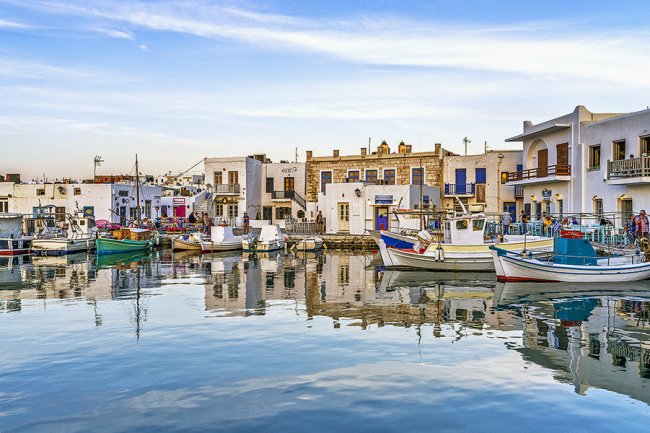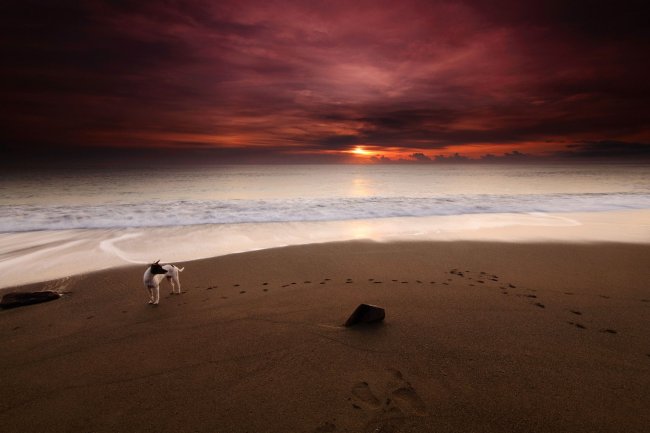Living Off the Grid: A Guide to Sustainable and Independent Living
Living off the grid can be a fulfilling experience, but it requires careful planning and consideration. This article outlines the steps and key considerations for successfully living off-grid. Discover how to live off the grid with ease. This comprehensive article covers all the important steps and considerations for a successful off-grid lifestyle, including planning your power system, setting up your living space, and key considerations for a fulfilling experience.

Are you tired of the constant hustle and bustle of city life? Do you long for a simpler and more self-sufficient way of living? If so, living off the grid may be the perfect solution for you.
Off-grid living is the practice of living in a way that is not connected to the traditional energy grid and public utilities. This means that you generate your own power, collect your own water, and manage your own waste. While it may sound daunting, many people find that living off the grid offers a level of freedom, autonomy, and sustainability that they can't find anywhere else.
Benefits of Living Off the Grid
There are many benefits to living off the grid, including:
- Increased independence and self-sufficiency
- Lower cost of living and reduced dependence on utility companies
- A greater connection to nature and the environment
- A reduced carbon footprint and a more sustainable way of life
- A simpler, slower-paced way of life
Steps to Living Off the Grid
Living off the grid can be a big change, but it can also be incredibly rewarding. Here are the steps you need to take to get started:
-
Research your area: Start by researching the local laws and regulations in your area. Some areas may have restrictions on off-grid living, so it's important to know what you're up against before you get started.
-
Choose your location: Consider factors like climate, access to resources, and proximity to family and friends when choosing your off-grid location.
-
Gather resources: Invest in the necessary resources for off-grid living, including solar panels, batteries, generators, and water collection systems.
-
Plan your power system: Determine how you will generate your own power and how much you will need to sustain your lifestyle.
-
Set up your living space: Consider building a tiny home or converting an existing structure into an off-grid living space.
Key Considerations for Off-Grid Living
Living off the grid requires careful planning and consideration. Here are some key things to keep in mind:
-
Water: You will need to collect and store your own water, so it's important to consider access to a reliable source of water.
-
Waste management: You will need to manage your own waste, so it's important to research the best methods for your area.
-
Climate: Consider the climate in your area and how it will impact your off-grid living experience.
-
Cost: Off-grid living can be more cost-effective in the long run, but the initial investment can be significant. Be sure to factor in the cost of resources, equipment, and supplies when planning your off-grid lifestyle.
Conclusion
Living off the grid can be a challenging but rewarding experience. With careful planning and consideration, you can create a sustainable, independent lifestyle that offers you a greater connection to nature, a reduced carbon footprint, and a simpler, slower-paced way of life.
Off-grid living is not for everyone, but for those who embrace it, it can be a truly fulfilling and transformative experience. By following these steps and considering these key considerations, you can successfully live off the grid and enjoy all the benefits it has to offer.
Article Written by Mike Hodkinson
Follow Us On Twitter - www.twitter.com/BoatFunder
Follow Us On Instagram - www.instagram.com/BoatFunder












